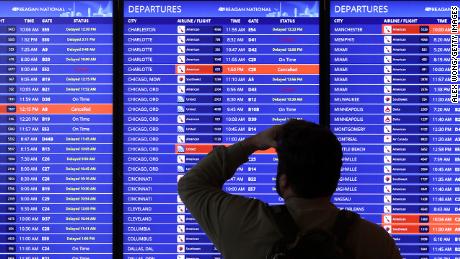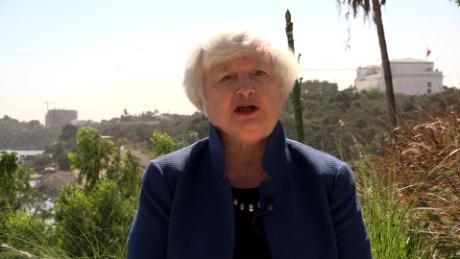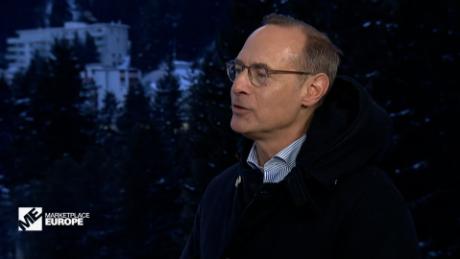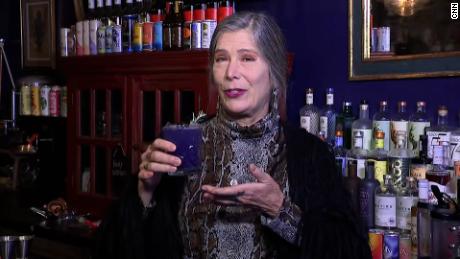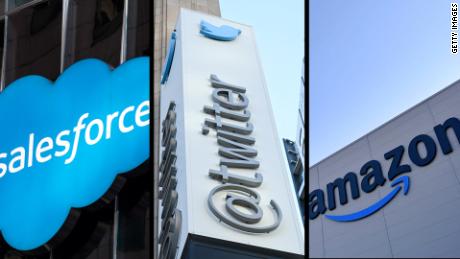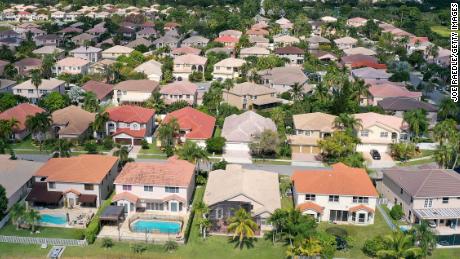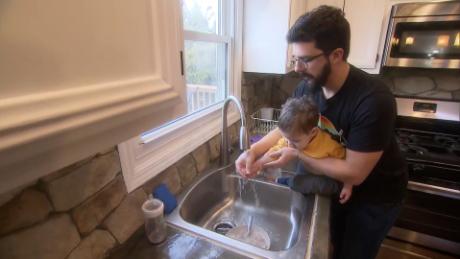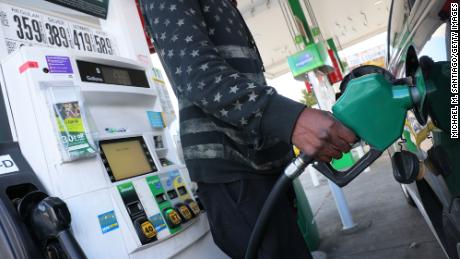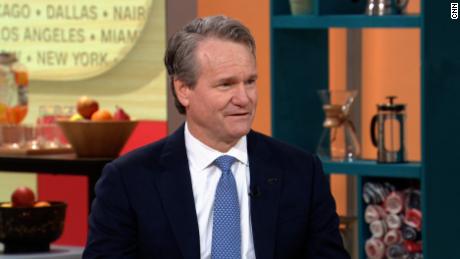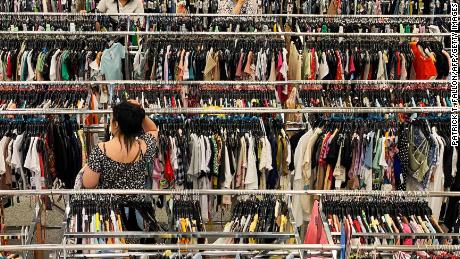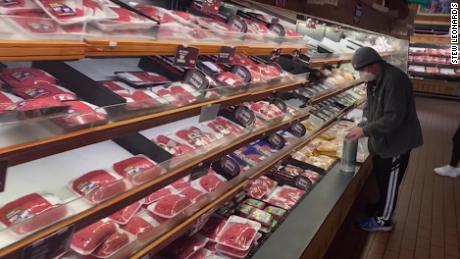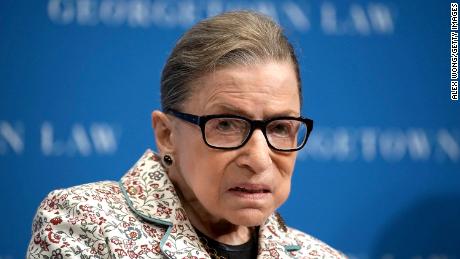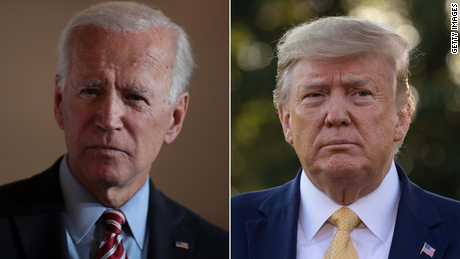New York (CNN Business)The US economic recovery will slow more than feared during the final three months of the year because Congress almost certainly will not provide more federal aid, Goldman Sachs said Thursday.
The Wall Street bank slashed its fourth-quarter US gross domestic product growth forecast in half to just 3% on an annualized basis because of the deadlock in Washington.
That would mark an extreme deceleration from the rapid growth economists are predicting for the third quarter, when Goldman expects US GDP to grow at an annualized pace of 35%.
"At this point we think it is clear that Congress will not pass additional fiscal stimulus this month," Goldman Sachs economists wrote in a note to clients. "We now think any further stimulus will wait until early 2021."
That's a big deal because the economy has been screaming out for more help from Uncle Sam. For example, another 870,000 Americans filed for first-time unemployment benefits last week, a level that's four times higher than before the pandemic.
"It's crazy that we could be adding more than 800,000 new people to the unemployment rolls and we're not talking about finding relief or rescue for these people," Austan Goolsbee, a former economic adviser to President Obama, told CNN's Poppy Harlow on Thursday.
Like many on Wall Street, Goldman Sachs had been assuming another $1 trillion of stimulus was coming to boost the recovery. However, lawmakers have been unable to reach a deal on the size and composition of a recovery package. And that was even before the death of Supreme Court Justice Ruth Bader Ginsburg set off a huge scramble in Washington over her replacement.
Failure to get a stimulus deal will cause a "meaningful hit" to disposable income in the fourth quarter, causing it to drop to pre-pandemic levels, Goldman Sachs said. That in turn will pressure consumer spending.
Stocks on track for worst September since Lehman
Other economists are also slashing their forecasts. Pantheon Macroeconomics now expects annualized GDP growth of 4% in the fourth quarter, down from 10% previously.
"Our working assumption now is that Congress will not pass a substantial Covid relief bill until next year, probably in February," Ian Shepherdson, Pantheon's chief economist, wrote in a note to clients.
The gloomier economic outlook is spooking some investors. After skyrocketing to record highs, US stocks have tumbled in recent days. The S&P 500 has plunged 7.5% this month, leaving the benchmark on pace for its worst September since 2008 when Lehman Brothers imploded.
"On the aggregate level for the whole economy, we could be seeing a clear slowing down of what was supposed to be a fast rebound," said Goolsbee, who is an informal adviser to Democratic presidential nominee Joe Biden.
Vaccine timing is the big wild card for 2021
The good news is that Goldman Sachs thinks consumer spending will not be hurt as much as feared. Indicators of consumer spending have "trended higher" even seven weeks after enhanced unemployment benefits lapsed, the report said. That's why Goldman Sachs expects "softer but still modestly positive" consumer spending in the fourth quarter.
"This will delay the recovery somewhat but leave more room for catch-up next year," the economists wrote in the note.
Goldman Sachs offset the dimmer fourth-quarter view with a slightly forecast for GDP growth during the final three quarters of 2021.
The big wild card for the economy is the timing of a potential Covid-19 vaccine. Although some had hoped the FDA would grant emergency approval before the election, sources told CNN this week that the agency is considering tougher rules that would push an authorization beyond Election Day.
Citing press reports over the new vaccine timing, Goldman Sachs economists wrote that they are now "more confident that widespread distribution of a vaccine to the full population" will happen by the second quarter of 2021, instead of the first quarter.


